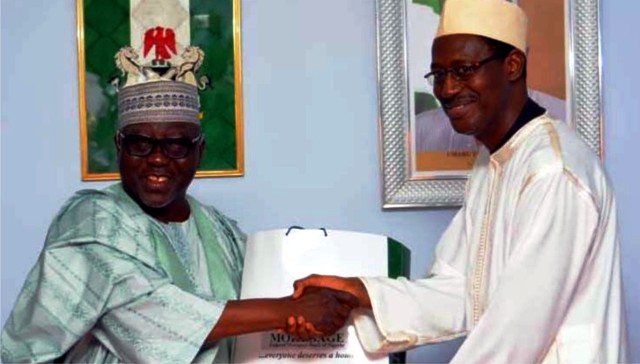Business
Oyigbo Youth Take Over Electricity Sub-Station …Hold PHED Staff Hostage

Electricity users that are getting their source of power supply from Kom- Kom Injection Sub-Station located inside Oyigbo Local Government Area, Rivers State may have been forcefully denied electricity as youths from Oyigbo took over the injection station at the weekend.
The denial of power supply to the residents and business outfits in the area was not unconnected with action of the Oyigbo Urban Youth Association which took over the Injection substation, forced the operators on duty to switch on their feeder that was at that time out of supply due to routine maintenance.
Sources informed The Tide that it was an act of fate that at the time the feeder was forcefully switched on, the technical crew was few minutes away from carrying out the maintenance job, otherwise the story would have been different.
The Tide gathered that the youths were still not satisfied after they switched on the feeder, as the two operators on duty were made to sit on the floor, held hostage, their phones taken away and, as at the time of filing this report, all attempts made by Port Harcourt Electricity Distribution Company (PHED) to set them free had not yielded positive result even as the rampaging protesters were still threatening fire and brimstone.
When contacted, the Corporate Communication Manager, John Onyi confirmed the incident and said PHED had made an official report to the police.
Onyi regretted the action of the youth in Oyigbo Urban and said the frequent harrasement of staff of the distribution firm is becoming barbaric and unnecessary.
He informed that on 28th January, 2018, the same association blocked PHED office in Oyigbo with fetish items, including casket, simply because of load shedding of their feeder.
According to him, “You may have the right to protest if you feel aggrieved with the service delivery but not to take the operations of an injection substation on high voltage with total disregard to safety of lives and property.”
“The Port Harcourt Electricity Distribution Company (PHED), is therefore calling on opinion leaders in the area to wade in and restrain their children from taking laws into their hands.”
Onyi, who assured that PHED will continue to engage its customers to foster collective growth through the provision of safe electricity to customers, however said it must be noted that electricity supply is not free.
Transport
Automated Points Concession : FAAN Workers Gave 72hrs To Revise Decisions In PH

Transport
FAAN Announces Pick-Up Points for Go-Cashless Cards

Business
Fidelity Bank To Empower Women With Sustainable Entrepreneurship Skills, HAP2.0
-
Politics3 days ago
2027: NIGERIANS FAULT INEC ON DIGITAL MEMBERSHIP REGISTER DIRECTIVE
-

 Environment3 days ago
Environment3 days agoLAWMA Director Says Sweeping Reforms Have Improved Waste Collection
-
Politics3 days ago
LP Crisis: Ex-NWC Member Dumps Dumps Abure Faction
-

 Politics3 days ago
Politics3 days agoUmahi Dismisses Allegations On Social Media, Insists On Projects Delivery
-

 Sports3 days ago
Sports3 days agoAbia Not Sure To Secure continental Ticket
-
Sports3 days ago
La Liga: Yamal Records First Career Hat-trick
-
Politics3 days ago
NATASHA ELECTRIC VEHICLES INITIATIVE IN KOGI CENTRAL
-
Politics3 days ago
IT’S A LIE, G-5 GOVS DIDN’T WIN ELECTION FOR TINUBU – SOWUNMI

